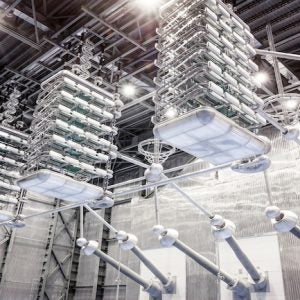Online news agency Clean Energy Wire reports that – citing a ‘tense situation’ following the previous week's cuts in the gas supply from Russia – Germany’s economy and climate ministry sounded an official alarm on 23 June by triggering the second phase of the country’s three-step gas emergency plan, the so-called 'alert' stage. Supply security is currently guaranteed, however, the ministry says. It attributed the move to the reduction in gas supplies from Russia that began on 14 June as well as the continued high price level on the gas market. Germany’s gas storage facilities are 58 % full. “However, should Russian gas deliveries via the Nord Stream 1 pipeline remain at the low level of 40 %, [the aimed at] storage level of 90 % by December can hardly be achieved without additional measures,” the ministry said.
The ‘alert’ stage is triggered by a serious disruption to gas supplies, and is intended to prepare gas consumers for further rising prices and possible supply bottlenecks while still largely relying on market mechanisms to remedy the situation. It is only in the ultimate ‘emergency’ stage, stage 3, that the state would directly intervene in the gas market to secure supply to ‘protected’ customers, a group that includes private households, small businesses and hospitals, even if it has to disadvantage large industrial consumers.
“Even if gas quantities can still be procured on the market and stored, the situation is serious and winter will come,” said economy and climate minister Robert Habeck. “We mustn't delude ourselves: cutting gas supplies is an economic attack on us by Putin. It is clearly Putin's strategy to create insecurity, drive up prices and divide us as a society. We are defending ourselves against this. But it will be a rocky road that we as a country now have to walk. Even if you don't really feel it yet: we are in a gas crisis.”
Prices are already high and Germany must brace itself for further increases, he stressed. “This will affect industrial production and become a major burden for many consumers. It's an external shock.”
The country's gas grid operators have reputedly warned that avoiding critical supply shortages would depend on the success of gas saving efforts and intra-European gas trading, while industry representatives said that the effects of skyrocketing prices could not be shouldered by companies alone.






